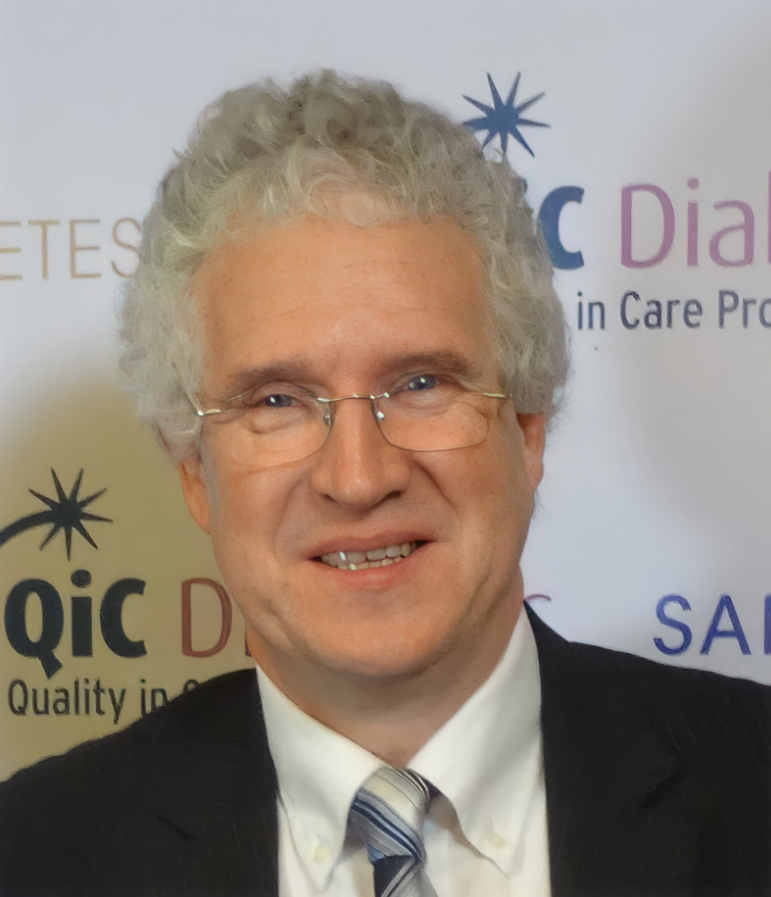At the Diabetes UK annual professional conference at ExCel London, 17-19 April 2024, Dr Tom Crabtree presented data from ABCD NHS England pilot audit of hybrid closed loop therapy (HCL) which was launched in 2021. His examination of factors predicting achievement of recommended time in range (TIR) and HbA1c 12-months following Closed-Loop in individuals with elevated baseline HbA1c levels showed that only baseline TIR predicted achievement of either 70% TIR or HbA1c at target after 1.3 years of follow-up in the multivariate model. He concluded that all users in the real-world benefit equally irrespective of ethnicity, gender and deprivation status. His oral presentation of this data was joint winner of the Young Diabetologist and Endocrinologist Forum Travel Award. In a separate poster from the same audit, Dr Emma Wilmot demonstrated that significant HbA1c reductions and improvements in sensor glucometrics are seen with hybrid closed-loop therapy. These occur by 6-months and are sustained out to 1.3 years follow-up.
In his poster EndoBarrier treatment for longstanding type 2 diabetes and obesity: Outcomes two-years after EndoBarrier in 90 consecutively treated patients from the Birmingham Centre of the ABCD EndoBarrier Worldwide Registry, Dr Bob Ryder demonstrated that in patients with refractory diabesity, EndoBarrier resulted in considerable weight loss, improvement in glycaemic control, reduction in a marker of fatty liver (ALT) and reduction in the need for insulin and that there continued to be significant improvement two-years after removal in 80%. DUK issued a press release about the findings which led to articles in the Daily Mail and in Medscape Diabetes & Endocrinology.
In a poster looking at predictors of response to injectable once-weekly semaglutide in the ABCD Semaglutide Audit, Dr Ben Field demonstrated that in this real-world study, baseline HbA1c and weight are predictors of the respective outcomes following initiation of semaglutide. Additionally, individuals who are younger may get more glycaemic benefit from semaglutide and individuals switching to semaglutide from alternative GLP1RAs had smaller additional HbA1c and weight reductions.
